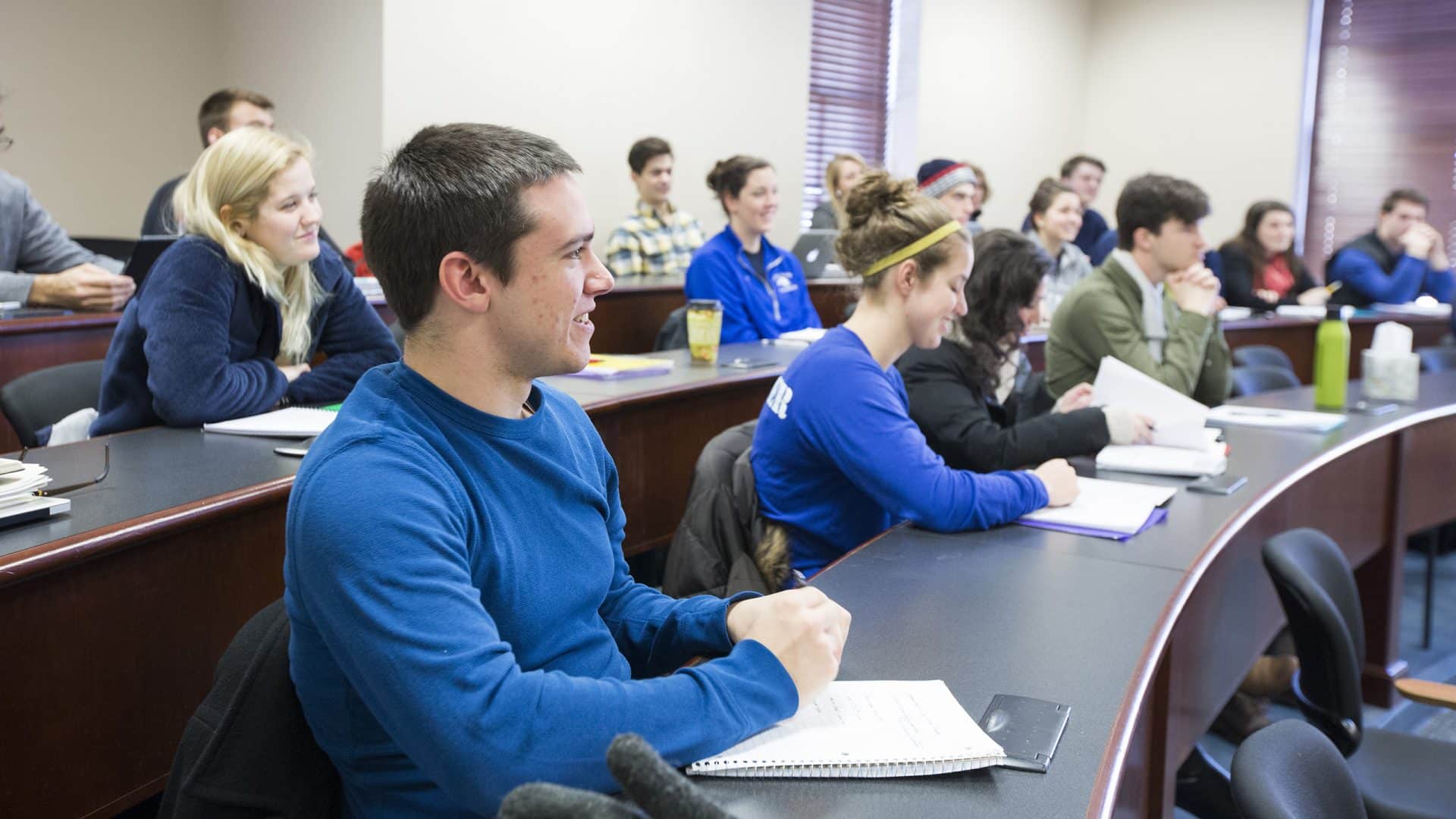Overview of Anglia Ruskin University MA in Marketing and Innovation
Awarded by Anglia Ruskin University, this Masters In Marketing & Innovation is a 180 credit three phase course comprising the Postgraduate Certificate, Postgraduate Diploma and Masters level awards. The course is designed to offer students without prior experience in Marketing, thereby, will get the necessary knowledge and skills they need to be operationally effective in a career in Marketing. For students with prior experience in Marketing, the course will develop their professional marketing competencies. BIA Is the Best Institute For Marketing & Innovation Programs
Term Wise Modules
Term 1 Modules
Finance for Non-Financial Managers
This module covers a range of financial skills and knowledge expected of non-financial managers. It is not intended to be a comprehensive module in accountancy. The focus of the module is the operational financial issues most likely to be faced by managers; budgets, budgetary control and decision making. Computational and non-financial data will be combined to demonstrate the integrative nature of financial management within an operational setting. By focussing on budget setting, budget reporting and variance analysis learners will consider how control mechanisms may be best implemented.


Marketing Communications
This module requires existing and potential managers to evaluate the theories and concepts associated with marketing communications. It is designed to allow them to develop a critical awareness of the key characteristics of the communications mix, to introduce elements of communication theory and to set it in the context of marketing communications. The course will be illustrated with several case examples from industry and commerce.
Internet Marketing
This module covers a range of financial skills and knowledge expected of non-financial managers. It is not intended to be a comprehensive module in accountancy. The focus of the module is the operational financial issues most likely to be faced by managers; budgets, budgetary control and decision making. Computational and non-financial data will be combined to demonstrate the integrative nature of financial management within an operational setting. By focussing on budget setting, budget reporting and variance analysis learners will consider how control mechanisms may be best implemented.


Marketing Design and Innovation
In this part of the MA programme, you will investigate stylistic changes in taste, fashion and customer needs by examining contemporary issues in marketing, design and innovation, including dependency products and services and best value. You will also look at marketing principles of product and service design, functionality and purpose, customer perception, value and branding extend to the consideration of patenting ideas, design registration, trade marking and intellectual property.
Term 2 Modules
Strategic Marketing Management
The module has two themes; firstly the critical understanding of the practical tools, techniques, operations and activities of the marketing process, and secondly the marketing decisions on which effective marketing management and planning are based. These two themes separate out the operational marketing activities from the management decisions, and students should be able to develop diagnostic skills in both themes of the module so that they become familiar with processes related to marketing effort. Finally, students should link external or environmental market dynamics with organisational response. Students will be able to reflect through their practitioner experience and application of the service/ product-market relationships and customer/client behaviours in meeting the module outcomes.


Marketing Management
Traditional marketing has been based largely on predictable and static models of buyer behaviour where exchange has been assumed to be transactional, and strategy based on tried and tested prescribed tools and techniques. Present day customers are sophisticated consumers of product and service offers, are mobile, articulate and can discriminate between alternative offers, and consequently make choices that hitherto were unthinkable. Individuals and organisations have significant switching power, can accept and reject offers quickly, and have portfolios of acquisition patterns that are unpredictable. In fact, the term customer cannot be used in a generic sense for planning purposes, and transactional ideas of exchange have given way to the formation of close value relationships between supplier and consumer. What we regarded as a market, segmented by socio-economic groupings, or benefits has to be re-defined in modern marketing.
Entreprenuership and Small Firm Marketing
The small and medium sized enterprise (SME) operates within an increasingly competitive environment and is particularly important in rural, semi – rural and emerging economies. This sector of the economy is one which often drives innovation, but is also typified by high levels of business failure. Those organisations which succeed often need to be able to be more responsive and flexible in order to survive in volatile environments. In this module, students will be invited to investigate a particular SME with a view to identifying the role that established marketing models and concepts can play in long term strategic planning. The entrepreneurship of the Owner/Manager will also be examined to see the extent to which this is important for SMEs. Case studies and speakers from the sector will provide practical examples of SMEs in operation.


International Marketing
This module examines the processes that companies go through in the development of their international activities. Particular attention will be paid to the environmental issues relating to international market entry that the companies need to address. The development of an appropriate international marketing strategy will be examined. One of the main focuses for the design of this module has been the further development of relevant employability and professional skills.
Term 3 Modules
Research Methods for Business and Management
This module provides course participants with appropriate knowledge, skills and abilities they will need to effectively carry out a piece of small scale business / management research. Emphasis is placed upon developing individuals towards their workplace based Masters Dissertation / project. The focus is given to specific issues faced by managers and researchers when carrying out organisational setting. These include the philosophical aspects of enquiry in social settings, operating in political contexts, negotiating access to key individuals & data, & meeting research outcomes expected by multiple organisational stakeholders.
Consequently, this module will focus on providing individuals with the skills necessary to meet these challenges and therefore effectively plan, carry out and report upon their Master’s level dissertation / project.


Postgraduate Major Project
In order to obtain a Master’s degree, you must prepare, submit, and pass a dissertation. There are a number of reasons why the dissertation is a crucial part of your studies. It allows you an opportunity to demonstrate, at an advanced level, several important intellectual and practical skills. These skills are valued by employers, and as the dissertation is your own work, it is proof that you have mastered them. In fact, sometimes your dissertation will help you to obtain an interview or find the position you want.
The dissertation is not a taught module, and this means that the research and writing up of your findings are very much an individual effort that allows you to demonstrate organisational and time-management skills. You will have further honed your research skills & techniques & deepened your understanding of at least one major area of business and/or business related areas.
Projects you will be part of

Finance For Non-Financial Managers

Marketing Communications

Internet Marketing

Strategic Marketing Management

International Marketing

Entrepreneurship & Small Firm Marketing
Course Leader

Gayan Jayasinghe
The head of the academic panel at LSM, Gayan Jayasinghe, has over a decade of experience working in the education industry, holds two MBA qualifications from Worchester University and Anglia Ruskin University respectively and is a Fellow of Higher Education Academy, UK. He also holds a Postgraduate Certificate in Learning and Teaching and has educated more than 2000 students in his career as an educator.
